11
November 2025
11
November 2025
Event Summary | World Social Summit Official Solutions Session: "Emerging Pathways Beyond GDP"

At the Second World Summit on Social Development, the “Emerging Pathways Beyond GDP” Solutions Session unveiled the High-Level Expert Group’s interim report and the Youth Network’s recommendation, followed by an Open Dialogue to redefine global progress beyond GDP.
The official Solutions Session “Emerging Pathways Beyond GDP: Presentation of the High-Level Expert Group’s Emerging Recommendations and Intergenerational Dialogue with Youth Moving Beyond GDP” at the Second World Summit on Social Development marked a milestone in the global effort to redefine progress. The High-Level Expert Group on Beyond GDP presented for the first time their interim report, directly followed by an intervention by the Youth Network on Beyond GDP, as part of the “Youth Moving Beyond GDP” collaboration between the Beyond Lab at UN Geneva, UN Trade and Development (UNCTAD) and Rethinking Economics International, to present the Network's recommendations. The event drew a full room of over 100 participants, among them seven UN Resident Coordinators, with many more following online via UN Web TV.

The event featured opening remarks by the H.E. Amina J. Mohammed, UN Deputy Secretary-General and H.E. Yorleny León Marchena, the Minister of Human Development and Social Inclusion of Costa Rica as well as an engaging open floor discussion. It was co-moderated by Özge Aydoğan, Director at the Beyond Lab, and Ricardo Fuentes, Lead of the Secretariat of the High-Level Expert Group on Beyond GDP, who facilitated this dialogue across diverse stakeholders and generations.
H.E. Amina J. Mohammed, UN Deputy Secretary-General, set the tone by recalling the legacy of Copenhagen’s Social Summit 30 years ago: a call for societies to respond to both material and spiritual needs. She emphasized that GDP, while versatile, is “woefully ill-suited” to capture human dignity, equity, and sustainability.
“Citizens should no longer be told that the metric for the success of their society can be expressed in a single number. We need a visionary proposal for how to conceptualize a dignified and good life today and tomorrow.” H.E. Amina J. Mohammed, UN Deputy Secretary-General
She urged stakeholders to engage with the Expert Group’s consultations, support the intergovernmental process, and operationalize Beyond GDP frameworks globally. Her remarks highlighted three lessons from the SDG process: inclusive consultations, patience for systemic change, and ambition to meet people’s aspirations.
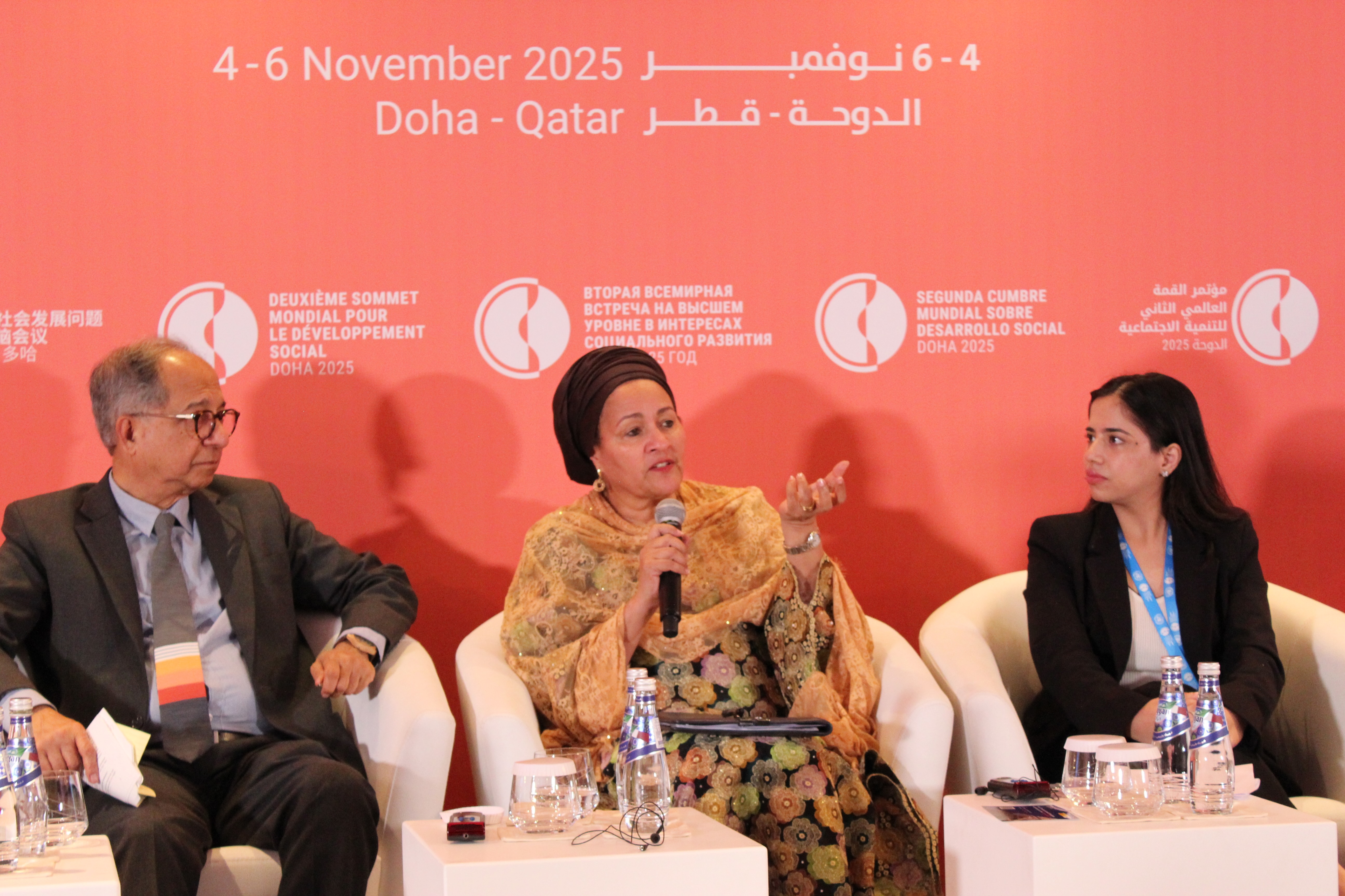
H.E. Yorleny León Marchena, Minister of Human Development and Social Inclusion of Costa Rica, shared her country’s success following the adoption of a Multidimensional Poverty Index (MPI). By measuring five dimensions (education, housing and internet access, health, labor and social protection) instead of only assessing poverty by someone’s income, the Government has a nuanced understanding of where the needs are. This allows for a more targeted approach and efficient use of public resources. The MPI also allows to track changes in a country’s efforts to address people’s needs, in the case of Costa Rica’s Multi-Dimensional Poverty rate reduced from 21.8% in 2008 to 9.9% in 2025.
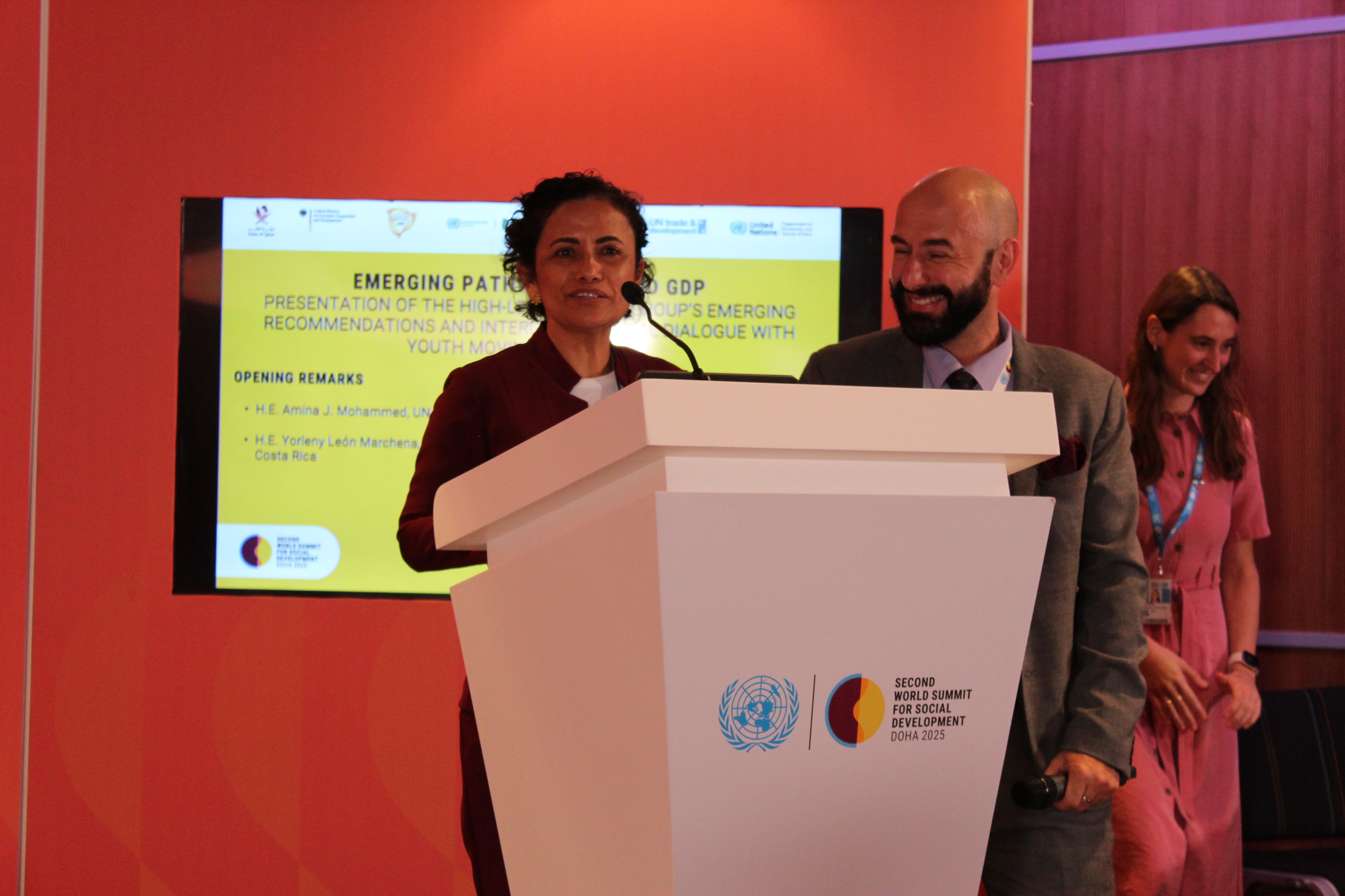
This was followed by the Co-Chairs of the High-Level Expert Group, Professor Emerita Nora Lustig and Professor Kaushik Basu, presenting the Group’s interim report. They stressed that the goal is not to discard GDP but to complement it with recognized indicators that capture progress more comprehensively. Key points include:
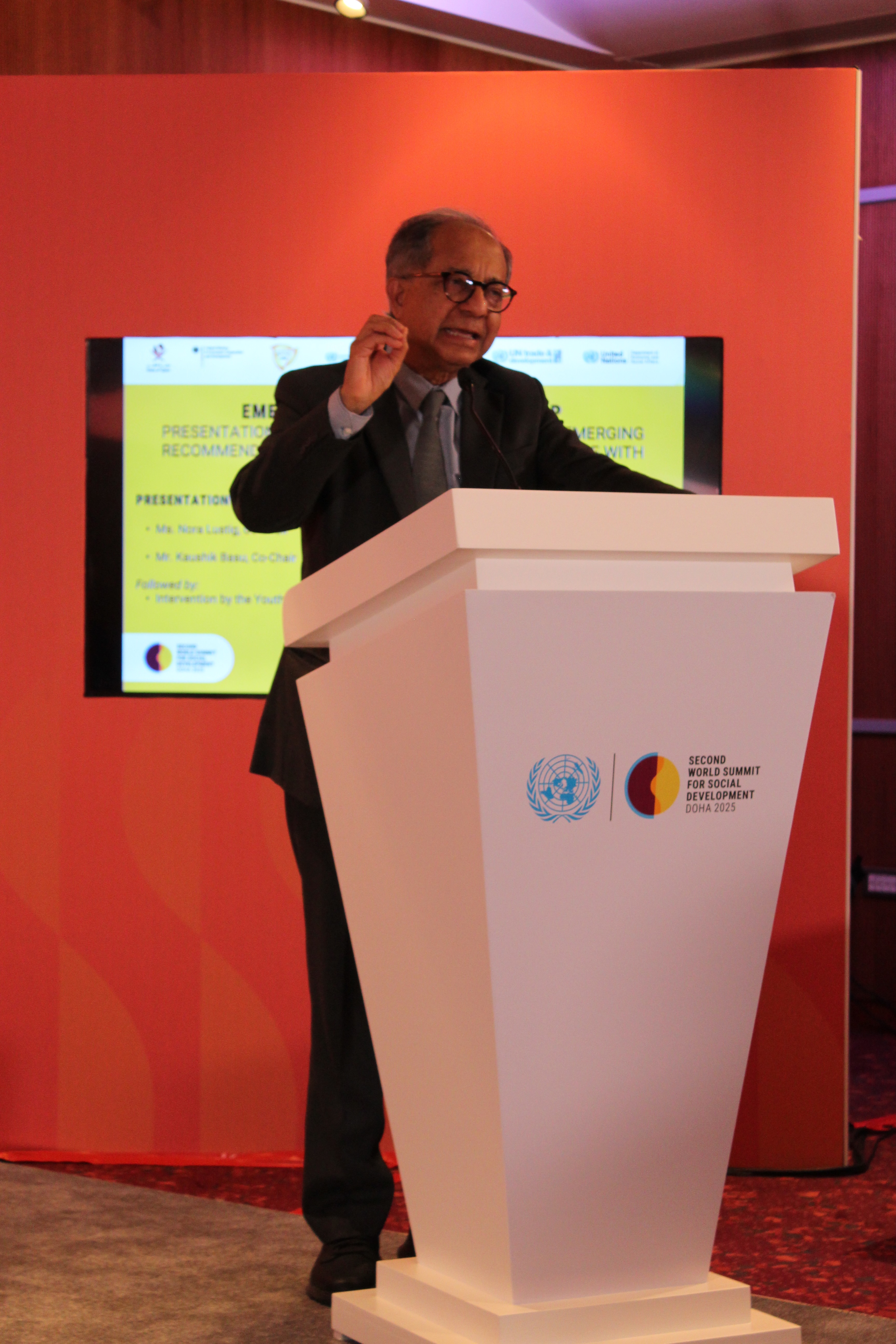
Professor Basu proposed to tweak the “GDP Game” by proposing several different GDP complements to reflect how GDP is distributed to factor equality and inclusion, while capitalizing on the existing GDP competition between political leaders.
“Changing the target can change the world we create.” Prof Kaushik Basu, co-chair of the High-Level Expert Group on Beyond GDP
Professor Emerita Lustig stressed the importance of talking to sceptics and clarifying that this initiative won’t harm the agenda of growth but rather will complement it.

Ms. Palakh Khanna, as the Youth Network on Beyond GDP representative, shared the recommendations of the Youth Network, anchoring its vision in the three guiding principles of human rights, intergenerational justice, and country-owned yet globally relevant. These principles are cross-cutting across the five domains identified as most important for the Youth Network:
Their message was clear: intergenerational equity and the experiences, expertise and lived realities from young people must guide the Beyond GDP agenda.
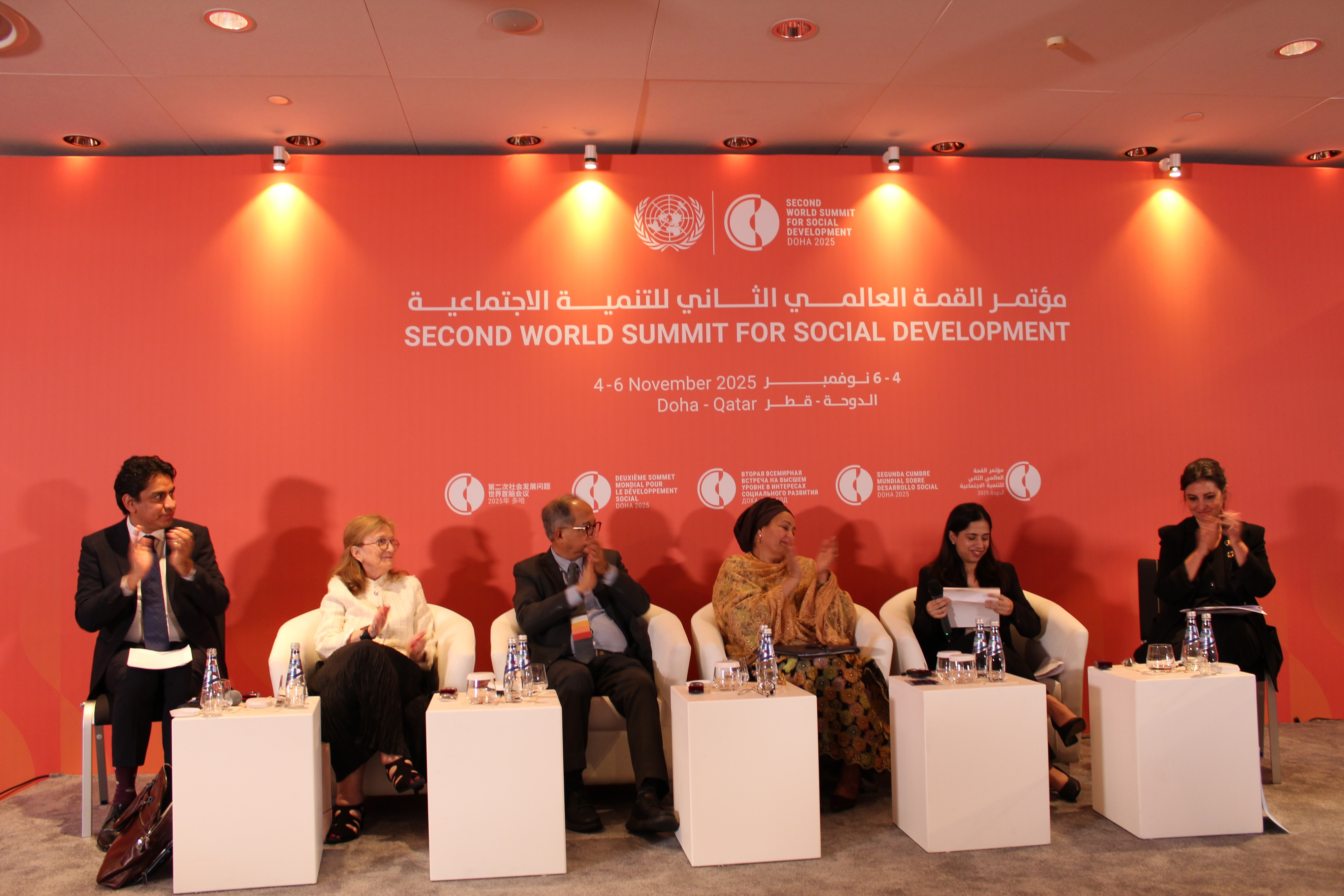
The interactive discussion brought diverse voices from youth leaders, human rights advocates, government representatives, and economists. Key themes included:
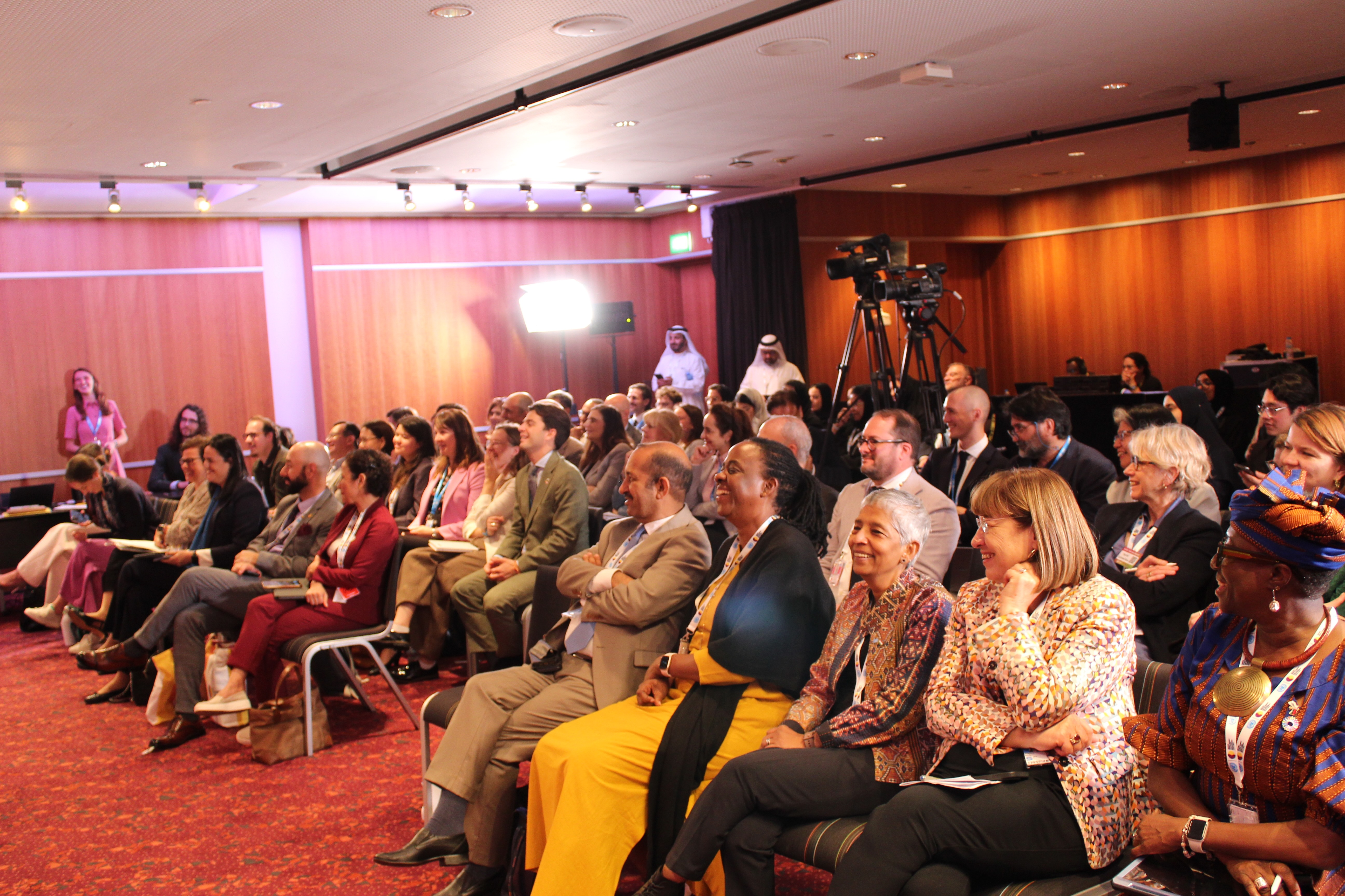
The session concluded with a call to action:
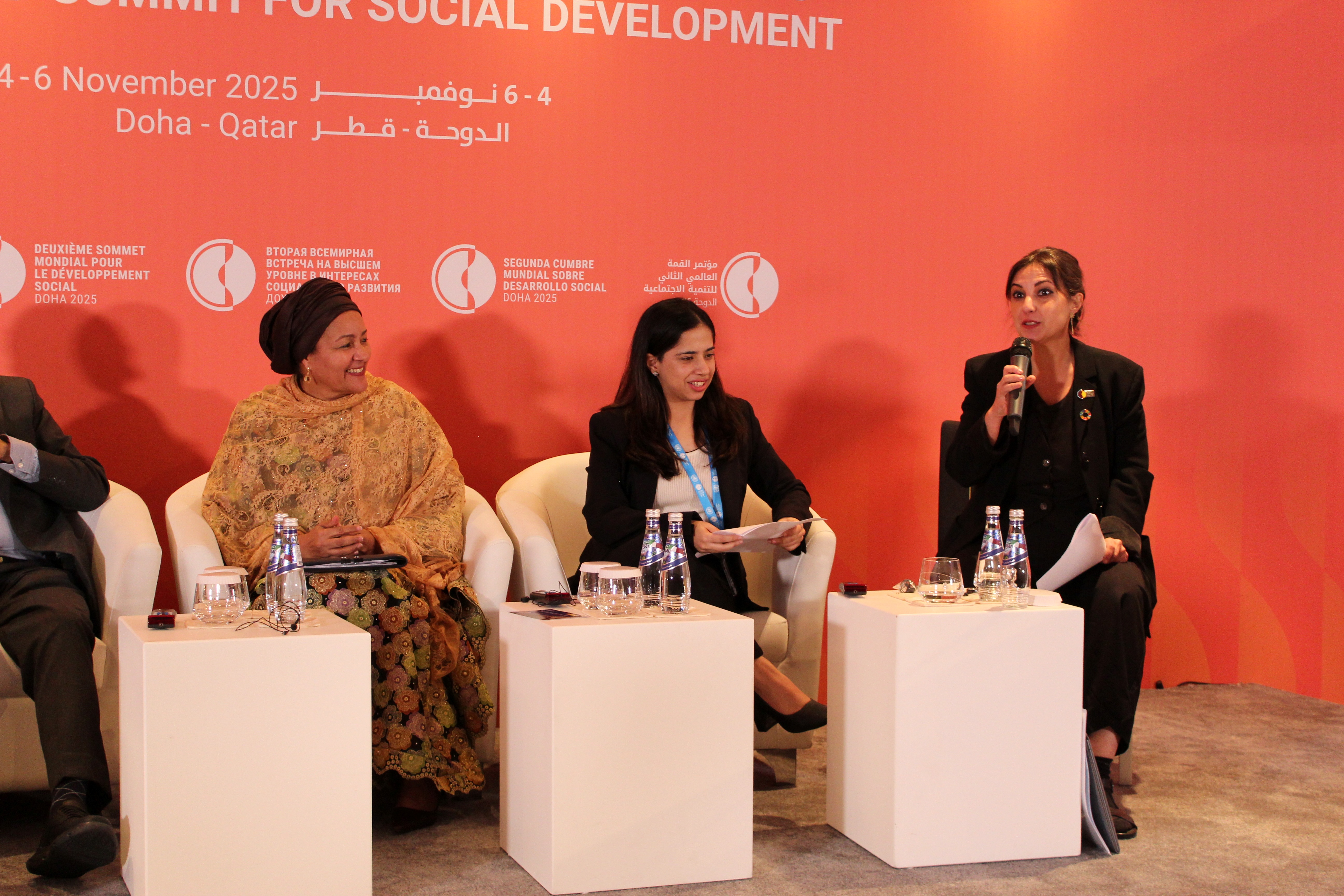
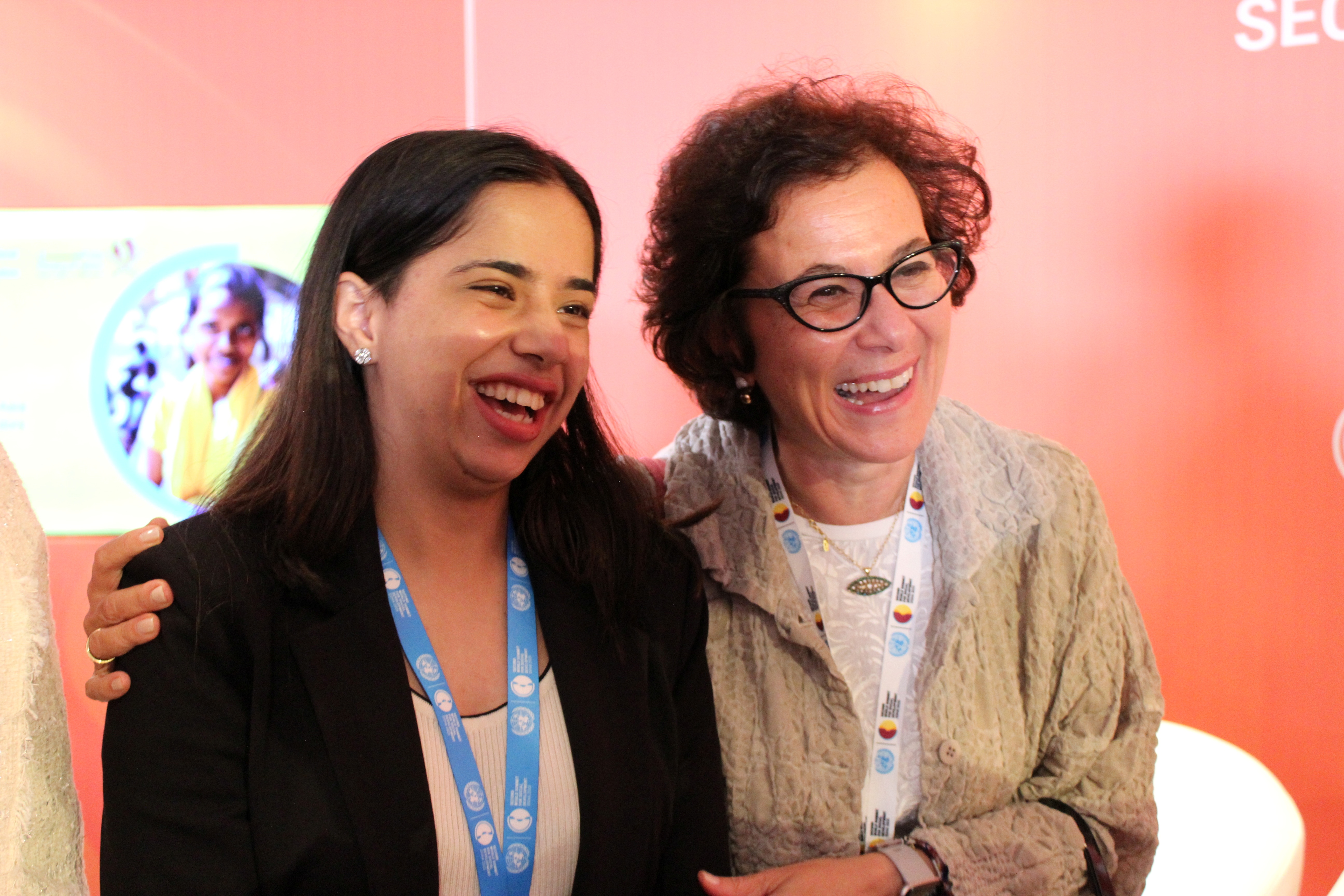
Watch the full official Solutions Session “Emerging Pathways Beyond GDP” here: